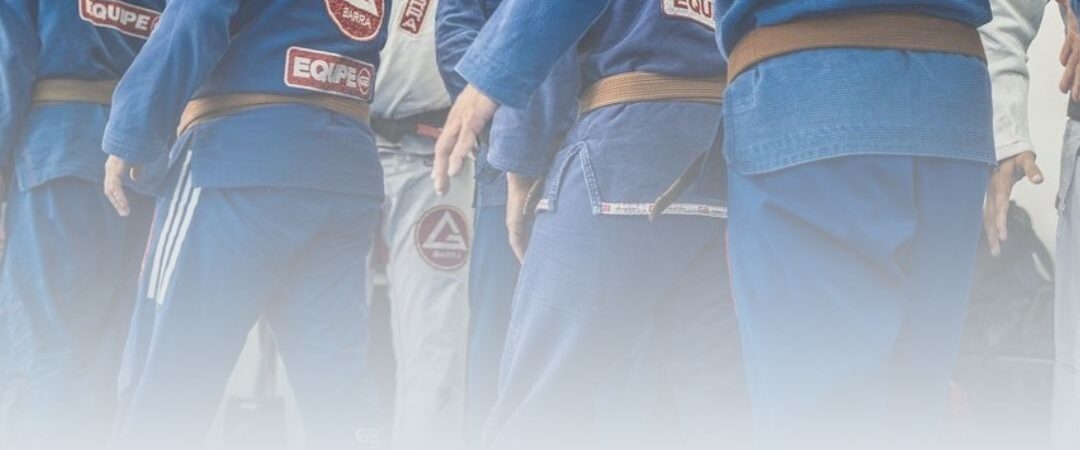Why pushing harder isn’t always better.
When most people think of progress in Brazilian Jiu-Jitsu, they picture grinding through tough rolls, drilling nonstop, and staying on the mats as long as possible. But here’s the truth that many beginners—and even some advanced students—overlook: recovery is training.
If you want to grow, stay injury-free, and train for life, learning how to rest and recover is just as important as learning how to pass guard or escape mount.
Why Rest is as Important as Training
You don’t actually get stronger or better during training—you get better after training, when your body adapts to the stress you’ve put it through. Without recovery, there’s no growth—only fatigue and risk of injury.
The Science of Recovery in Grappling Sports
BJJ is a high-impact, high-torque, full-body sport. Every session taxes your nervous system, joints, muscles, and mental focus. Proper recovery helps rebuild tissue, rebalance hormones, and reduce inflammation so you can come back sharper.
Common Signs You’re Overtraining
• Nagging injuries
• Poor sleep
• Mood swings or irritability
• Brain fog
• Declining performance despite effort
If you’re constantly sore, tired, or frustrated, your body might be asking for rest—not more rolls.
Active vs. Passive Recovery
• Passive Recovery: Sleep, rest days, naps.
• Active Recovery: Light movement (e.g. walking, flow drills, yoga, mobility work).
Both are crucial. You don’t have to hit the mats hard every day to improve.
Sleep: The Most Powerful Recovery Tool
7–9 hours of quality sleep boosts muscle repair, mental clarity, and immune function. It’s free. It’s natural. And it’s often the most neglected part of an athlete’s training.
Nutrition & Hydration’s Role in Recovery
Your body needs fuel to rebuild. Focus on:
• Whole foods (lean proteins, complex carbs, healthy fats)
• Hydration (especially after sweating during gi sessions)
• Electrolytes and minerals for muscle function
Mobility, Stretching, and Breathwork
Post-training mobility work can prevent injuries and improve your range of motion. Add breathwork to calm your nervous system, reduce stress, and speed up recovery.
Dealing with Minor Injuries the Smart Way
Train around—not through—injuries. Modify your game, take notes, and listen to your body. If it hurts more after training than before, it’s probably time for rest.
Mental Recovery: Avoiding Burnout
Rest isn’t just physical. Jiu-Jitsu demands mental sharpness. If you’re feeling mentally fried, take a day off or do something fun and unrelated to BJJ. You’ll come back recharged.
The Long Game: Training for Longevity
The best grapplers aren’t the ones who go hardest for 6 months—they’re the ones who train smart for decades. Learning to rest well ensures you can enjoy the art for years, not just seasons.
At our academy, we believe training hard and smart is the path to mastery. Respect your body, prioritize recovery, and trust that rest is not weakness—it’s where growth happens.

